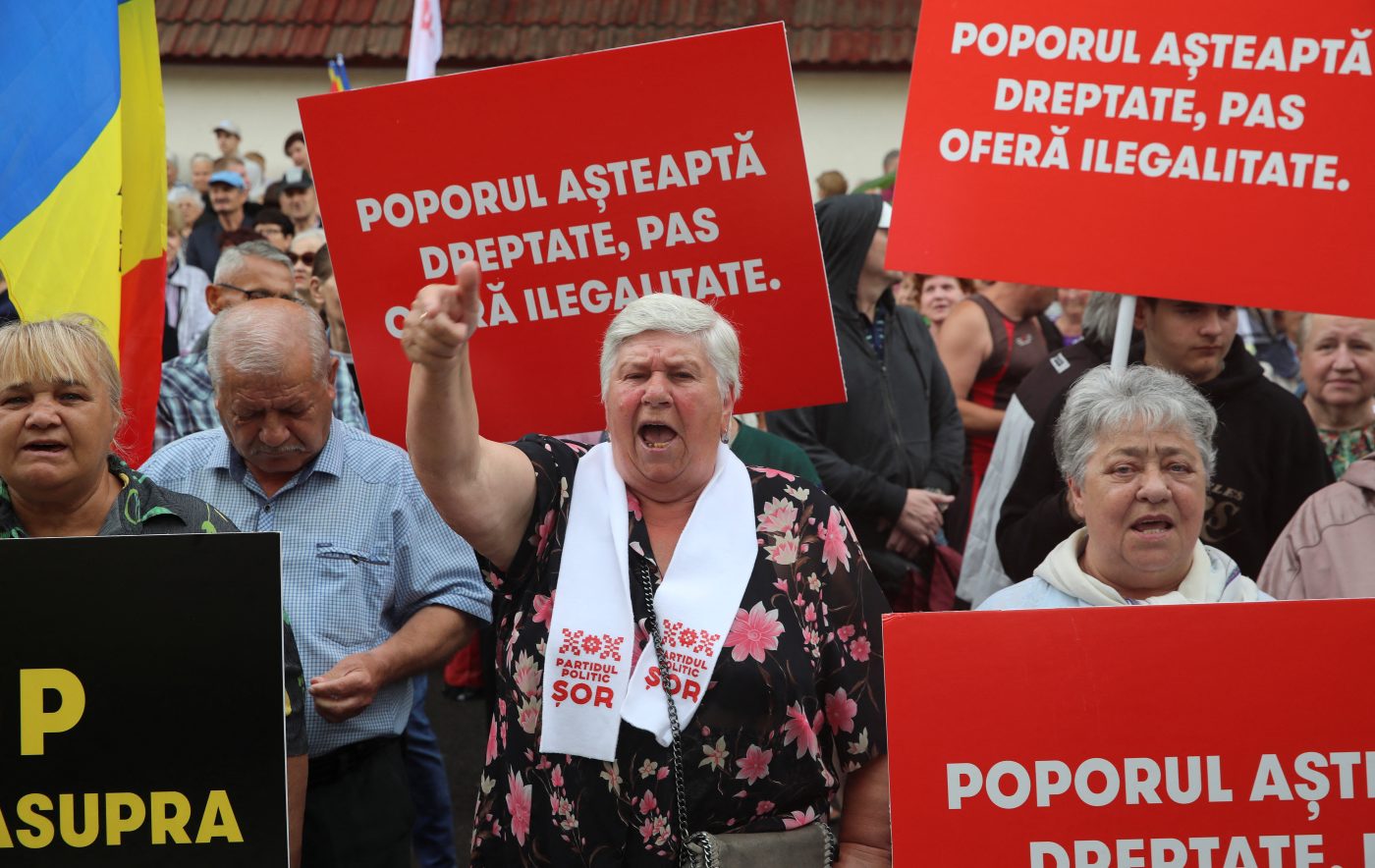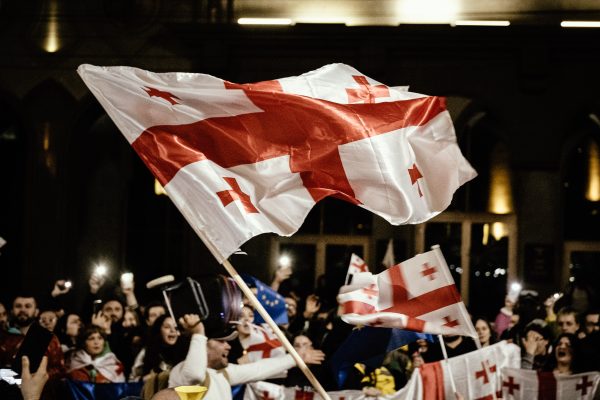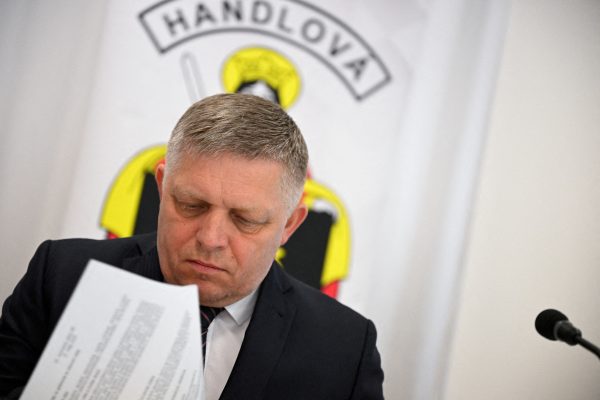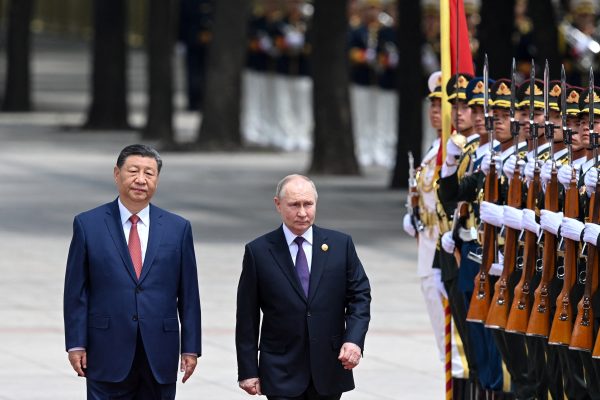A Moldovan court has outlawed the pro-Russian Șor Party on the grounds that it is serving foreign interests. The party, driven by the eccentric, fugitive plutocrat Ilan Șor, presented a challenge to Moldova very different from that posed by the longstanding Russophilic communist and socialist parties.
The party has six seats in the 101-member parliament, and it will keep those according to the June 19 ruling by the Constitutional Court. But it will be dissolved and barred from taking part in the next election. The government, the US and media reports say the party is a catspaw of the Kremlin. Its leader, who lives in Israel, has been sentenced to a 15-year jail term for involvement in the theft of $1bn from banks.
Moldova’s dilemma is faced by all democratic societies, as Karl Popper, the colossus of democratic philosophy, illustrated through what he termed the paradox of tolerance: a tolerant society risks compromising its own tolerance if it allows intolerance to flourish. But despite curbing an ugly anti-democratic force, Moldova has made the wrong choice. It is playing with anti-democratic fire.
Moldova is a small and poor nation in a part of the world especially dangerous for small and poor nations. Russia has stationed troops and propped up a puppet government in a majority-Slavic breakaway region of Transnistria since independence, while the majority-Romanian western portion has swayed between European- and Russian-leaning governments. (As many as 1 million of the 3 million-plus population have Romanian passports, and with that the right to work in the European Union.) This political pendulum has engendered sporadic progression and regression in democratic advancement. With increasing Western cultural influence and the economic draw of EU-member Romania, Moldova has inched towards the West, bolstered by government-led de-Russification.
However, the specter of its Soviet colonial past haunts Moldova. Rampant corruption remains a pervasive issue, with the infamous 2014 banking scandal emblematic of this malaise. Some $1bn, or an eighth of the country’s GDP, evaporated from major banks, with Ilan Șor at the scandal’s epicenter. An eccentric multimillionaire whose wedding to a Russian pop star attracted three Moldovan prime ministers, Șor won the mayoralty of Orhei, his small hometown where he spent lavishly, and portrayed himself as a savvy insider with the knowledge, connections, and commitment needed to uproot Moldova’s political rot.
Șor’s political leanings evolved in line with his constituents’ Soviet nostalgia and need for a respite from gas price hikes, which Russia unfailingly spikes whenever Moldova’s votes for pro-Western parties. The Russian entertainment media had already fawned over Șor’s lavish lifestyle, mostly in the context of reporting on his pop star wife. With underwhelming performances by socialists and communists in 2021, he became a fixture on top Russian political talk shows. Șor’s newfound media presence catalyzed a confrontational stance against the pro-Western Party of Action and Solidarity, and he organized weeks’ worth of protests in the capital, with attendees freely admitting Șor had paid them to attend.
Last November, Ukrainian intelligence alleged a potential Russian plot to destabilize Moldova, implicating Șor as a tool in this scheme. Subsequently, the Moldovan government requested a ban on Șor’s party, a motion the court recently granted.
Despite Șor’s reputation, his commitment to use his substantial wealth to ameliorate Moldova’s economic woes resonates with a populace grappling with financial hardship. However, his electoral influence remains limited, as evidenced by the meager 6% of the vote his party garnered in the latest election.
The banning of an opposition party by no means conforms to democratic ideals, but it underscores the tricky choices and precarious journey Moldova faces on the road to democracy. If Russia can’t have a client in Chișinău, it’s more than happy to have a failed state there.
As Popper described, the challenge to democracies from anti-democratic forces is fundamental. Authoritarians can ban all opposition parties and opposition thought. Democracies must defeat parties at the ballot box and thought in the marketplace of ideas.
Moldova remains a democracy and it is a very long way from banning all opposition, as evidenced by the robust presence of opposition parties and recent local electoral victories for socialists and communists. But with the banishment of the Șor party, democracy has taken one step forward and two back.
Ben Dubow is a Nonresident Fellow at CEPA and the founder of Omelas, which specializes in data and analysis on how states manipulate the web.
Europe’s Edge is CEPA’s online journal covering critical topics on the foreign policy docket across Europe and North America. All opinions are those of the author and do not necessarily represent the position or views of the institutions they represent or the Center for European Policy Analysis.





